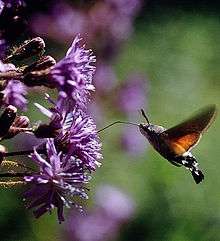Rhön Biosphere Reserve




The Rhön Biosphere Reserve includes the entire central area of the Rhön Mountains, a low mountain range in the German states of Hesse, Bavaria and Thuringia.
Aim
In 1991 the Rhön was recognised at international level by UNESCO as a biosphere reserve. The aim of this biosphere reserve is, taking account of local agriculture, nature protection, tourism and trade, to ensure the variety and quality of habitats in the whole Rhön region. This involves creating a long term, economic environment for agriculture and trade that is in tune with the protection and care of nature and the local landscape. People are at the heart of the Rhön Biosphere Reserve. The idea is to have a so-called sustainable development, which harmonises economic and social issues as far as possible with environmental issues.
Zoning
The Biosphere Reserve currently has a total area of 184,939 hectares, of which 72,802 ha are in Bavaria, 63,564 ha in Hesse and 48,573 ha in Thuringia. From 1991-1995 a "Concept for the Protection, Care and Development" for the Rhön with objectives and measures was drawn up in conjunction with the districts, communes, authorities and societies. Following the UNESCO zoning system, 4,199 ha (2.27%) of land were designated as a core areas that are not allowed to be directly used for any purpose e.g. agriculture or forestry. A further 67,483 ha (36.49%) are designated as buffer zones where there should only be careful use of land compatible with nature. The remaining areas are the zones of cooperation in which the villages and towns of the Rhön are situated.
See also
External links
- The website of the Rhön Biosphere Reserve
- Board of trustees for the Naturpark and Biosphere Reserve Bayerische Rhön e.V.
- Thuringian Environment Ministry
- The orchids of the Rhön
- Private Rhön photo gallery
Coordinates: 50°21′00″N 10°03′00″E / 50.3500°N 10.0500°E